These Rape Victims Get Four-Wheeled Retribution
This group helps rape victims in the Democratic Republic of the Congo when they have nowhere else to turn.
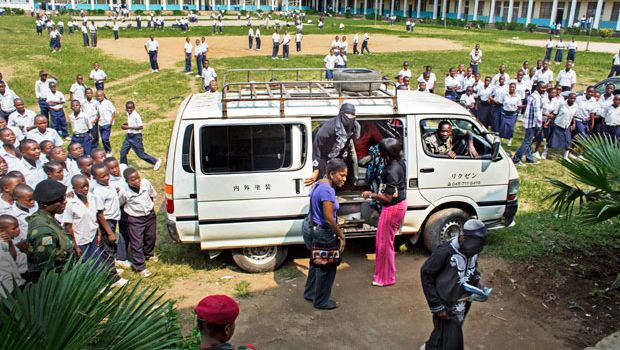
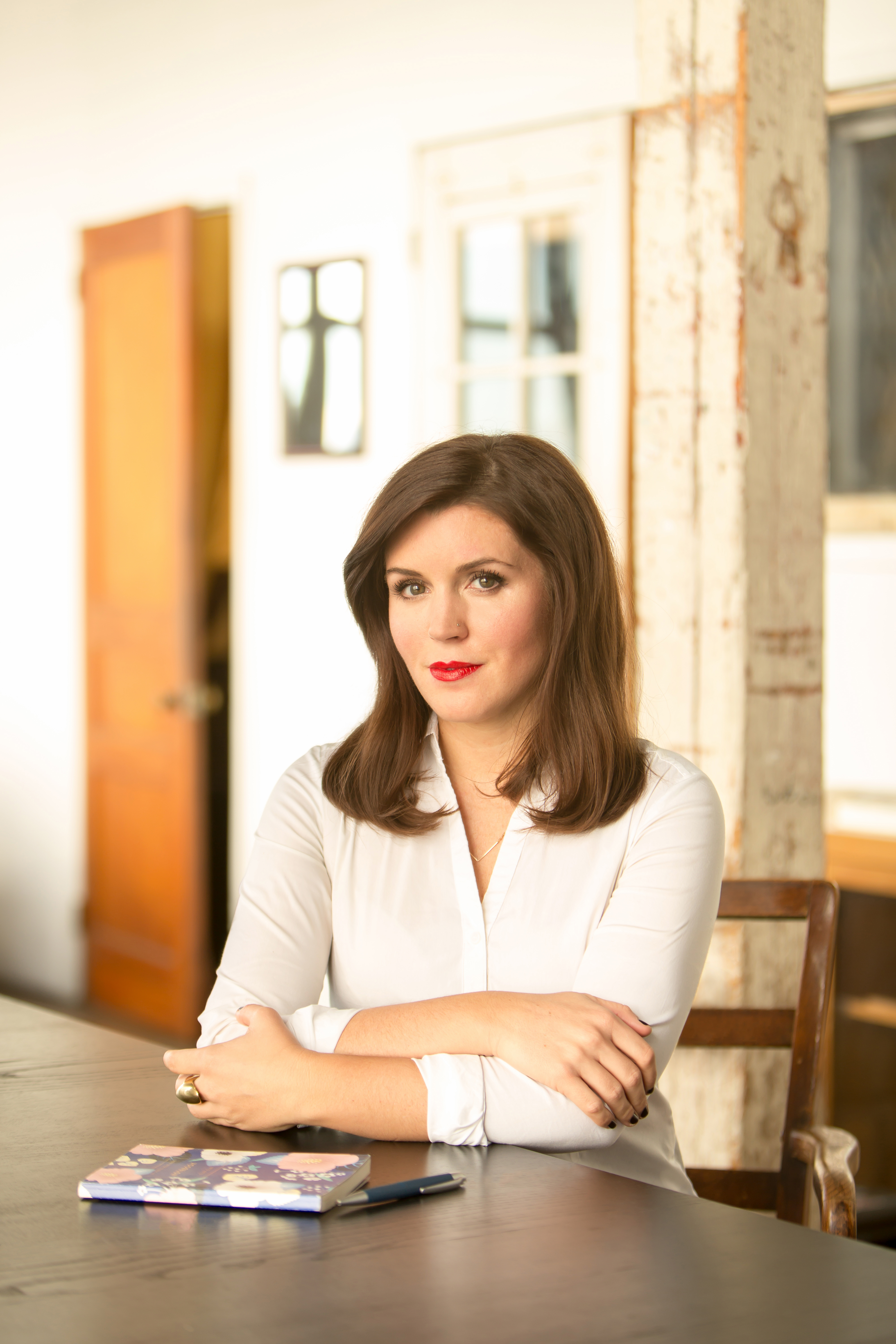
Cecile(not her real name) was celebrating the 2011 New Year in the town of Fizi in the Democratic Republic of the Congo (DRC) when a group of Congolese soldiers went on a rape spree. The men, operating under the command of rebel turned Congolese military leader Lt. Col. Kibibi Mutware, assaulted Cecile, who is in her 20s (she doesn't know her exact age), and dozens of other Congolese women. This is a disturbingly regular occurrence in the DRC, torn by a war that has dragged on for two decades, and where, according to a study from the American Journal of Public Health, a woman is raped nearly every minute.
The overwhelming majority of Congolese women who are raped never see justice, in part because the cost of bringing a court case can total more than $300 in a country where most people live on less than $2 a day. Making matters worse, many of the some 2 million rape victims live in rural areas hundreds of miles from the nearest courthouse.
Cecile was almost one of them. But through the grapevine of survivors and women's rights activists, Cecile made her way to SOFEPADI (translated from the French to Women's Solidarity for Peace and Integral Development), a coalition of 40 Congolese women's rights organizations that provides medical care, counseling, and legal aid to Congolese women. There, lawyers and advocates helped gather stories from Cecile and other women attacked by Mutware and his men, and connected victims with mobile courts. Those courts—which are supported by the American Bar Association and the Open Society Foundations but are run by Congolese lawyers and judges—go to rural areas in the eastern part of the country to bring criminal cases against accused rapists.
Forty-nine women, including Cecile, testified against Mutware and 10 of his soldiers—and won. Their victory, the first against a commanding officer for rape in the DRC, resulted in a 20-year prison sentence for Mutware. Eight of the 10 soldiers were also found guilty and jailed (with sentences ranging from 10 to 20 years). The women were to receive $10,000 each in reparations, but a majority, including Cecile, haven't been paid. Coming to their aid once again, SOFEPADI is pressing the government, which is responsible for the fees because the men were in the military, to pay up.
Today, SOFEPADI continues to advocate for victims by helping to arrange trials—even though many cases don't turn out in their favor. In February, 47 of some 1,000 men, women, and children raped by soldiers over the course of 10 days in 2012 testified at a trial in the town of Minova. Of the 37 soldiers accused, only two were convicted. "Once again, the Congolese justice system has not made the dignity of victims a priority," SOFEPADI president Julienne Lusenge said in a statement at the time. All the more reason why her organization's work is of the utmost importance. And it trickles down, too. Many of the women SOFEPADI has helped have paid the service forward by forming an association of survivors. "Because of all that we endured," Cecile says, "we understand that it's important for us to help others who have been raped."
You can donate to SOFEPADI through the Nobel Women's Initiative at nobelwomensinitiative.org; be sure to specify that the donation is for SOFEPADI.
Related:
Stay In The Know
Get exclusive access to fashion and beauty trends, hot-off-the-press celebrity news, and more.
College Sexual Assault Victims Speak Out
I Lost My Virginity to Rape and Didn't Even Know It
Photo Credit: Diana Zeyneb Alhindawi
Jill Filipovic is a lawyer and journalist who covers gender issues, politics, and global affairs.
-
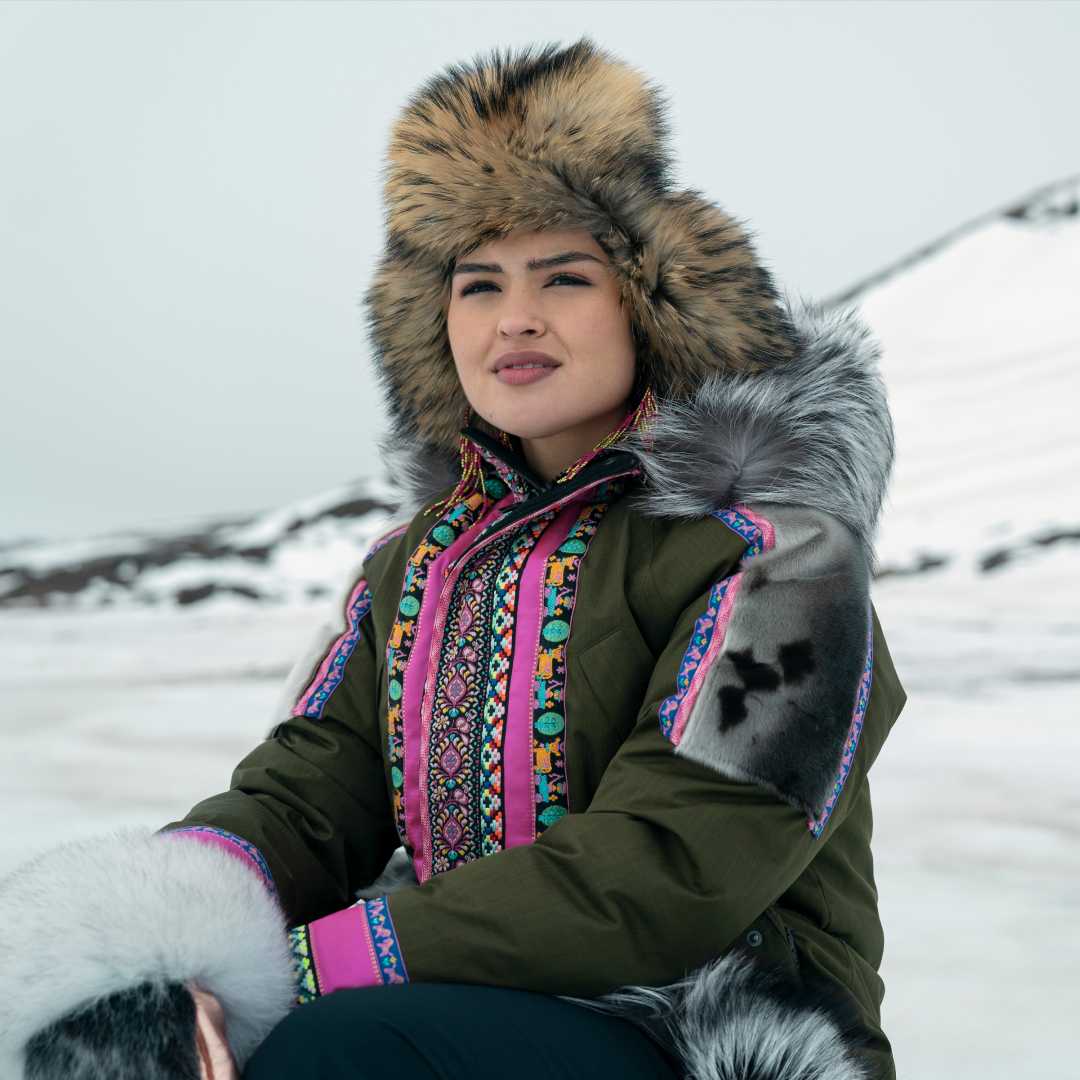 Netflix's 'North of North' Transports Viewers to the Arctic Circle—Meet the Cast of Inuit Indigenous Actors
Netflix's 'North of North' Transports Viewers to the Arctic Circle—Meet the Cast of Inuit Indigenous ActorsThe new comedy follows a modern Inuk woman determined to transform her life.
By Quinci LeGardye
-
 Princess Beatrice's Husband Pays a Rare Tribute to These Royal Family Members on Instagram
Princess Beatrice's Husband Pays a Rare Tribute to These Royal Family Members on InstagramEdoardo Mapelli Mozzi shared some behind-the-scenes snaps from the F1 Grand Prix in Bahrain.
By Kristin Contino
-
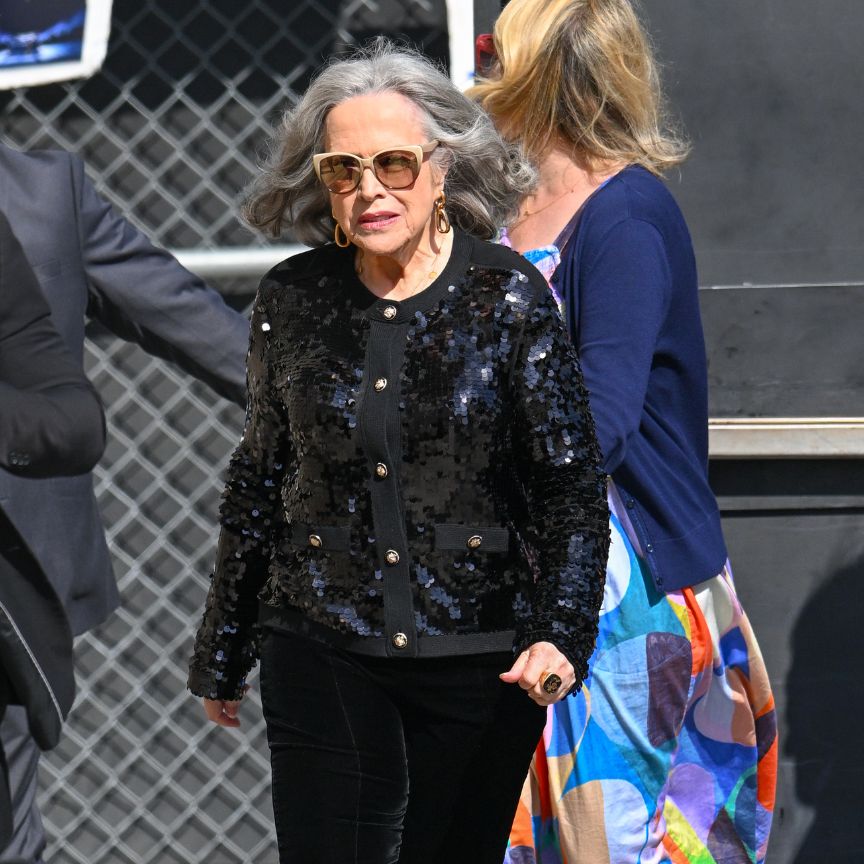 Allow Kathy Bates to Convince You to Grow Out Your Grays
Allow Kathy Bates to Convince You to Grow Out Your GraysOne look at her new style and you'll be canceling your root touch-up pronto.
By Ariel Baker
-
 'Ginny & Georgia' Season 2: Everything We Know
'Ginny & Georgia' Season 2: Everything We KnowNetflix owes us answers after that ending.
By Zoe Guy
-
 'Firefly Lane' Season 2: Everything We Know
'Firefly Lane' Season 2: Everything We KnowIn the immortal words of Tully Hart, "Firefly Lane girls forever!"
By Andrea Park
-
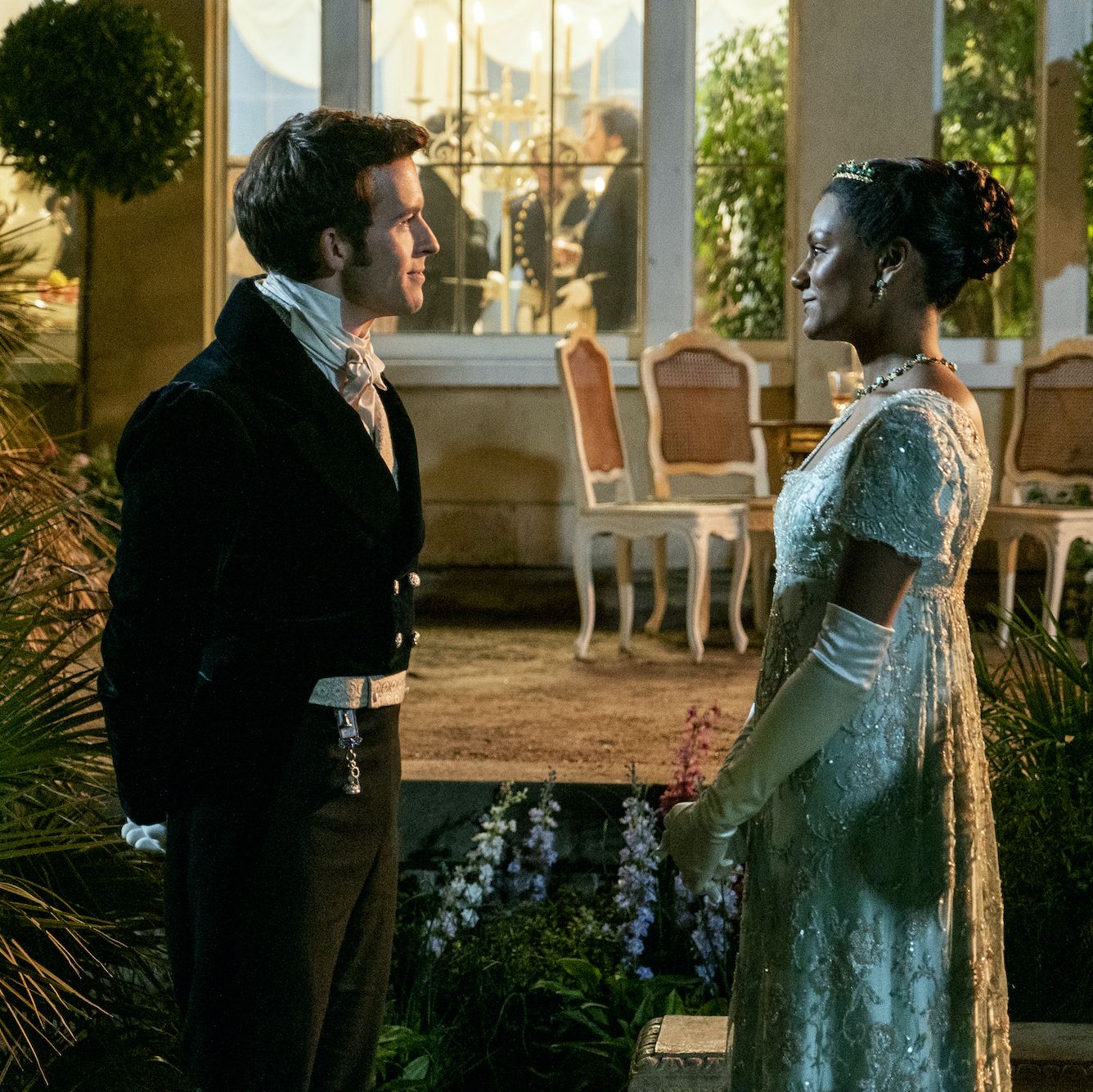 'Bridgerton' Season 2: Everything We Know
'Bridgerton' Season 2: Everything We KnowThe viscount and his new love interest hit Netflix at the end of March.
By Andrea Park
-
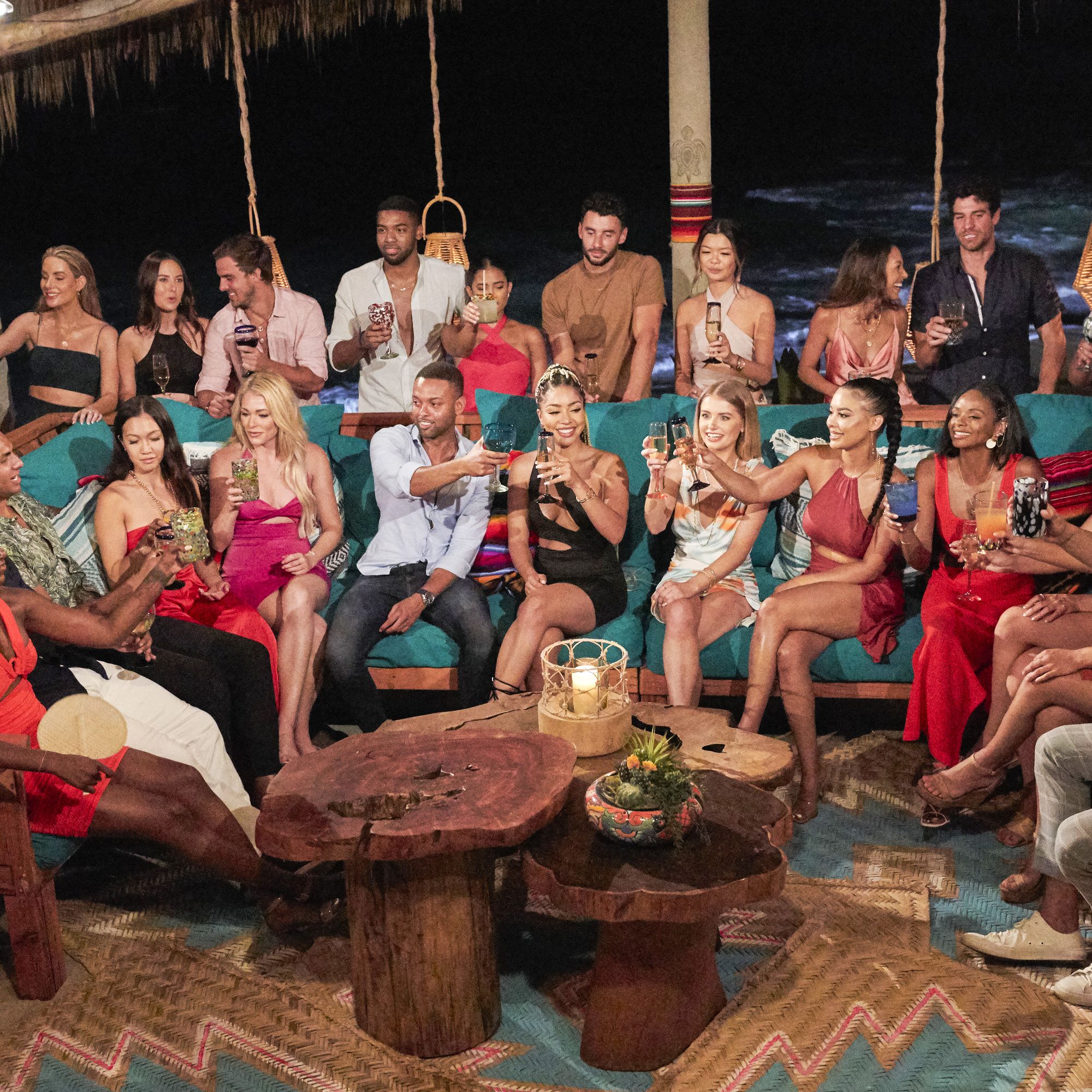 'Bachelor In Paradise' 2021: Everything We Know
'Bachelor In Paradise' 2021: Everything We KnowFeatures It's back, baby!
By Andrea Park
-
 More Than A Pretty Face: Anna Schuleit
More Than A Pretty Face: Anna SchuleitGerman-born artist Anna Schuleit went from anonymous to Einstein virtually overnight, thanks to a call from the MacArthur Foundation announcing that she'd won a 2006 "Genius" grant for $500,000.
By Katherine Turman
-
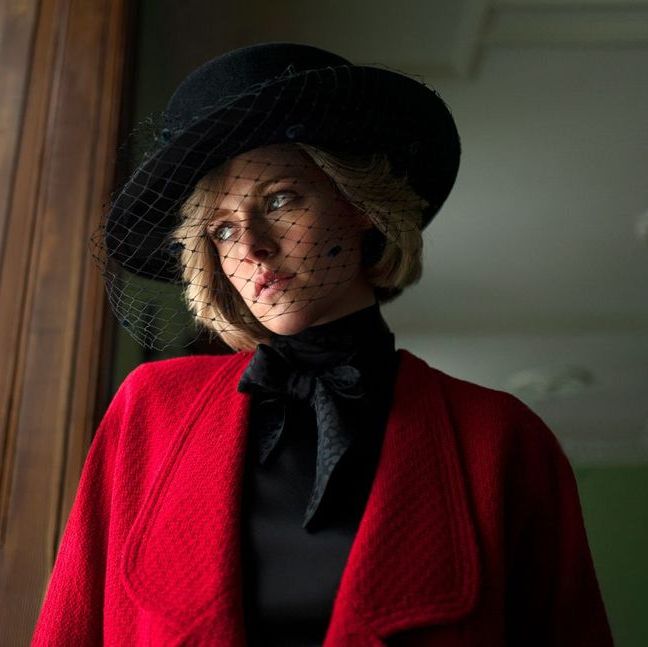 'Spencer,' the Princess Diana Movie: Everything We Know
'Spencer,' the Princess Diana Movie: Everything We Know"Every fairy tale ends."
By Andrea Park
-
 Who is Abigail Heringer From 'The Bachelor' and 'Bachelor in Paradise'?
Who is Abigail Heringer From 'The Bachelor' and 'Bachelor in Paradise'?Features The 25-year-old, who first appeared on Matt James' season, is a financial analyst with an inspiring backstory.
By Andrea Park
-
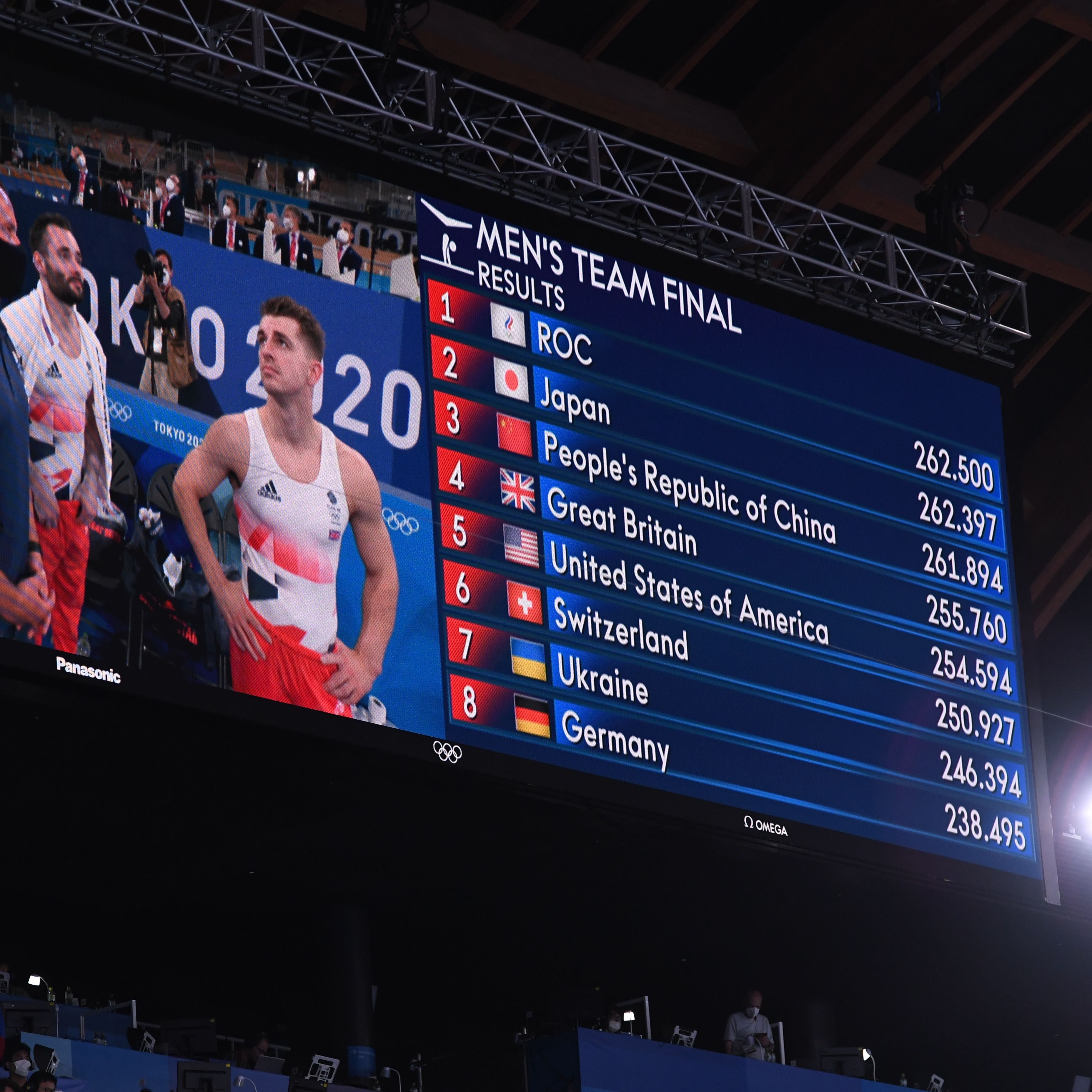 What Does "ROC" Mean at the Tokyo Olympics?
What Does "ROC" Mean at the Tokyo Olympics?It's a temporary workaround in the aftermath of Russia's massive doping scandal.
By Katherine J. Igoe